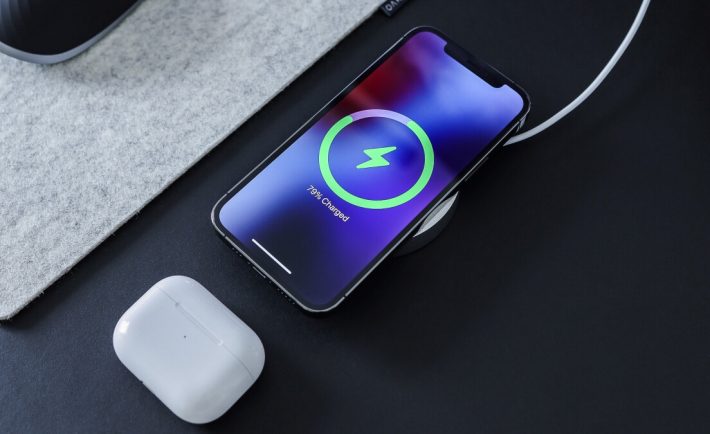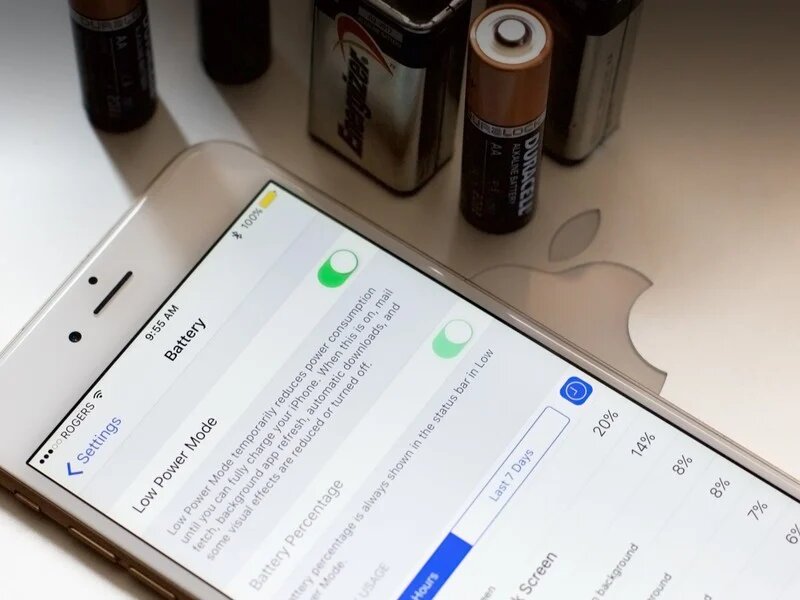Disagreeing with your employer isn’t career suicide because fresh ideas can lead to greater insights. Therefore, if your company’s workplace culture encourages diverse viewpoints and perspectives, “clashing” with your employer will be a lot easier.
Nonetheless, it’s also important to remember that bosses are people with unique leadership approaches. The most crucial thing is to get to know your employer and their management style so you can gauge how much dissent will be welcomed with open arms.
So if you’re planning to disagree with your boss and still survive, stay on this page for more deets.
Avoid judgments
When it comes to communicating your concerns, be mindful of your terminology. You should avoid using judging words like “bad” or “ridiculous” as they may irritate your counterpart. Cutting away unnecessary adjectives can be an excellent move because they can be easily misunderstood or taken too seriously.
Pick the right time
When confronted with a dispute, we all react defensively to differing degrees. And the more stressed a person is at the time of a conflict, the less probable that the grounds for the conflict will be adequately heard. Picking a fight with your manager at a business meeting is pointless because he or she is unlikely to respond positively. Oppose only when you have sufficient time to speak with your superior regarding your dissatisfaction.
Be mentally prepared
There’s always the possibility that you will say what you’re thinking but nothing will alter. Thus, you better brace for such a scenario. Your viewpoint may be conveyed, but it may not be well taken, in the sense that it will not influence any processes, whatsoever. It doesn’t mean you will lose your job; it just means you will have to do what your boss thinks is best. If that’s the reality, even if you disapprove, strive to come to terms with the decision made.
Determine their communication style

Image Credits: bizcoachinfo.com
Taking the effort to figure out your boss’s main communication style will help you better connect. If your supervisor, for instance, prefers to interact through email, make it a habit to write them an email first, requesting to address them face-to-face about an issue. The more you know about how to connect with your manager, the smoother your work interaction will be. In short, be mindful of the other party’s preferred communication style while exerting your own.
Unlike most Western-style approach which encourages people to open up and establish their identities, Asian culture frowns on challenging hierarchy and articulating opposing viewpoints. Seniority takes precedence over all other considerations, and disagreeing with your boss implies going against the culture’s conventions. However, things are changing for good and there have been an increasing number of progressive businesses, notably in the tech and start-up sectors, embracing conflicting stances. Just remember to mind your tone and disagree politely in a way that adds value to the conversation.










